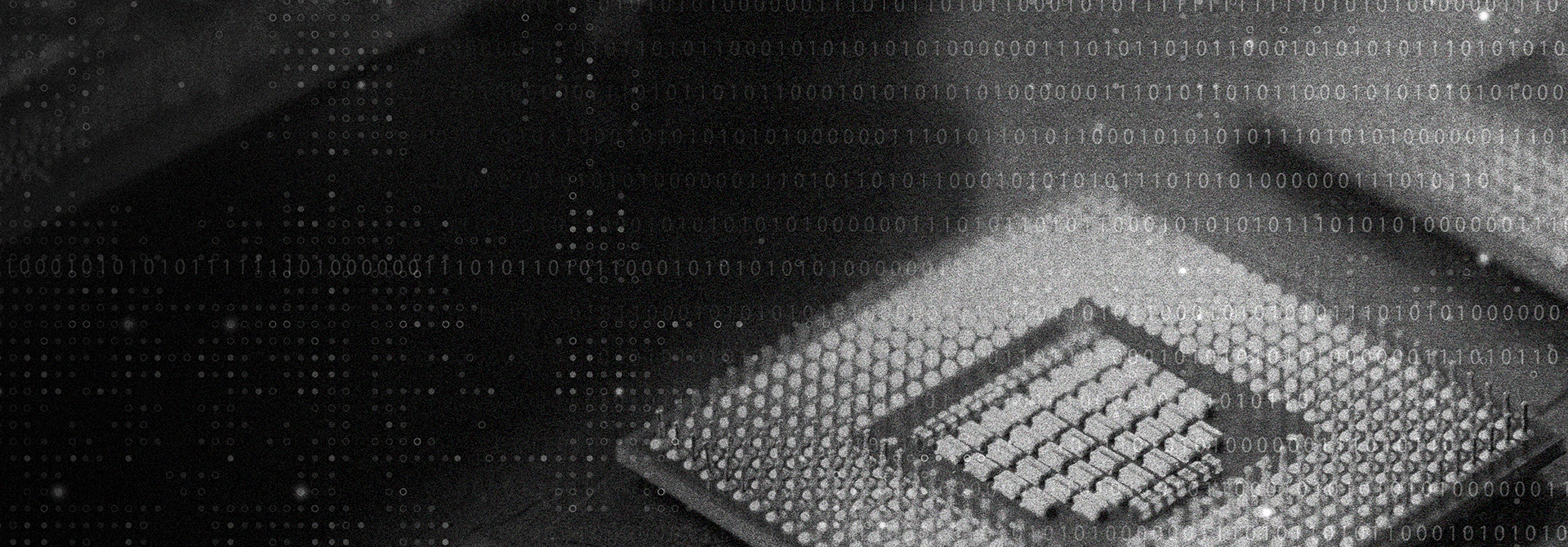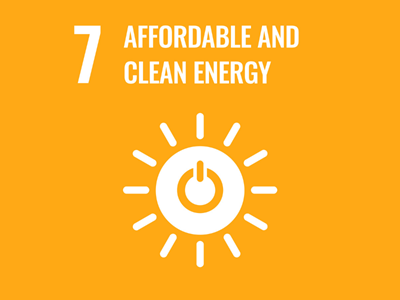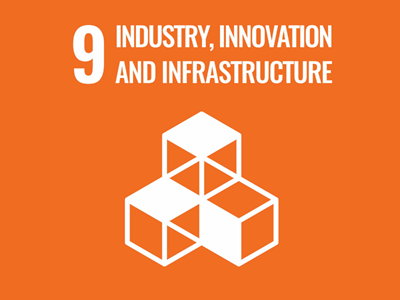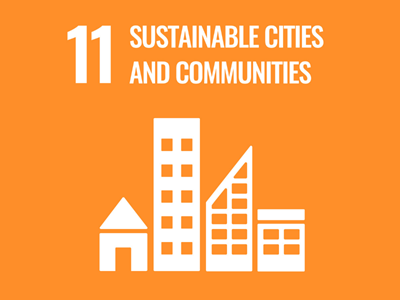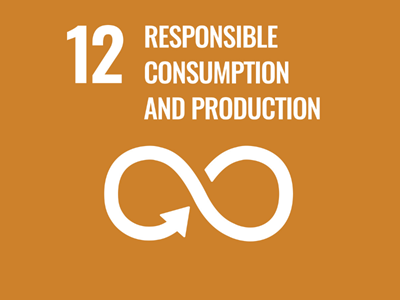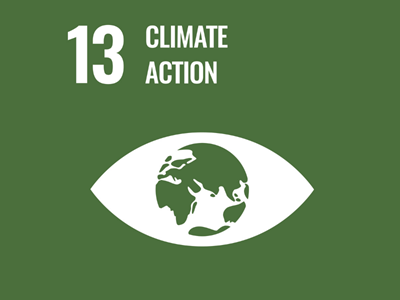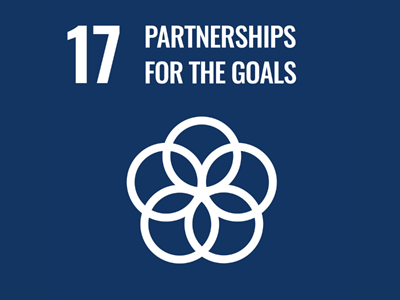About the Project
DECO2 - Dynamic decarbonization pathways framework: integrating technological, social, and policy Innovations for sustainable renovations in the built environment
The building sector holds a prominent position in energy consumption (40%) and CO2 emissions (36%) within the European Union. Moreover, current construction and renovation practices are huge raw material consumers and highly waste producers. Despite the efforts, on an EU scale, renovation rates are far below the minimum required, now only reaching around 1% of the building stock per year. These drawbacks bring forward the impact of rising material extraction, shrunk global circularity from to 7.2% in 2023.
To facilitate closing this performance and design-to-market gap in the built environment, DeCO2 aims to address the compelling need
for advancing innovative technological applications and solutions on the built environment, focusing on building elements, materials, products, and technologies. The project also aims to set up solid and long-lasting partnerships within the legal and regulatory framework and other stakeholders addressing the whole value chain for socio-economic innovation, facilitating to close the performance and design-to-market gap, including for historical and cultural heritage buildings.
A well-segmented audience targeting developers, policymakers, and the construction industry will ensure effective market penetration, as DeCO2 is projected as an aligned solution to the EU's sustainability aspirations. Collaborative engagement, showcasing tangible benefits and dedicated digital presence will embrace the entire building-life cycle and all the relevant stakeholders involved in each innovation action stage of renovation projects, materials, and techniques (targeting TRL 8) that contribute to space users’ overall health and wellbeing, comfort and inclusivity.
